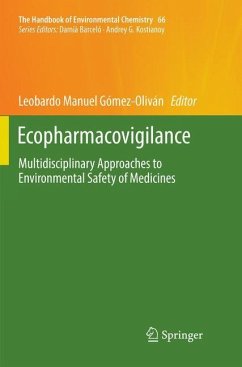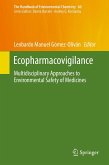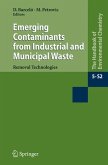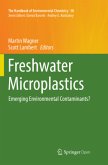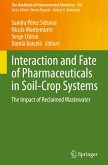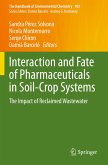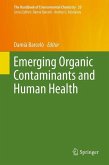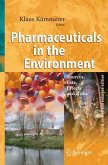The indiscriminate use of medications and their inadequate disposal have resulted in them being released into the environment via municipal, hospital and industrial discharges.
This volume critically examines the presence of pharmaceuticals in aquatic ecosystems, the hazards they entail, and how to minimize their impact on the environment. The topics covered include: historical findings that have made the development of the discipline ecopharmacovigilance possible; the main exposure routes, fate and life cycle of pharmaceuticals in water; occurrence data and the impact on biodiversity; methods used for the detection, analysis and quantification of pharmaceuticals in water and for their removal; current legislation on the presence of emerging contaminants in water; biosensors for environmental analysis and monitoring; and the measures needed to reduce the existing problems.
This book is aimed at students, academics and research workers in the fields of toxicology, ecology, microbiology and chemistry, as well as those in the pharmaceutical industry, health sector professionals, and members of government bodies involved in environmental protection and legislation.
This volume critically examines the presence of pharmaceuticals in aquatic ecosystems, the hazards they entail, and how to minimize their impact on the environment. The topics covered include: historical findings that have made the development of the discipline ecopharmacovigilance possible; the main exposure routes, fate and life cycle of pharmaceuticals in water; occurrence data and the impact on biodiversity; methods used for the detection, analysis and quantification of pharmaceuticals in water and for their removal; current legislation on the presence of emerging contaminants in water; biosensors for environmental analysis and monitoring; and the measures needed to reduce the existing problems.
This book is aimed at students, academics and research workers in the fields of toxicology, ecology, microbiology and chemistry, as well as those in the pharmaceutical industry, health sector professionals, and members of government bodies involved in environmental protection and legislation.

